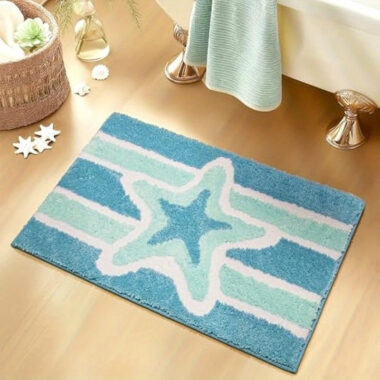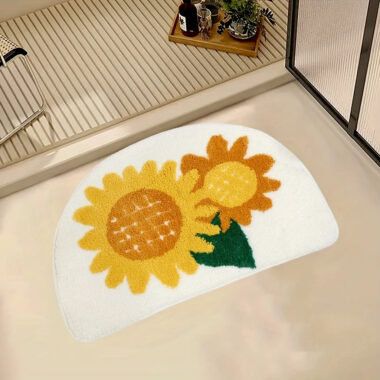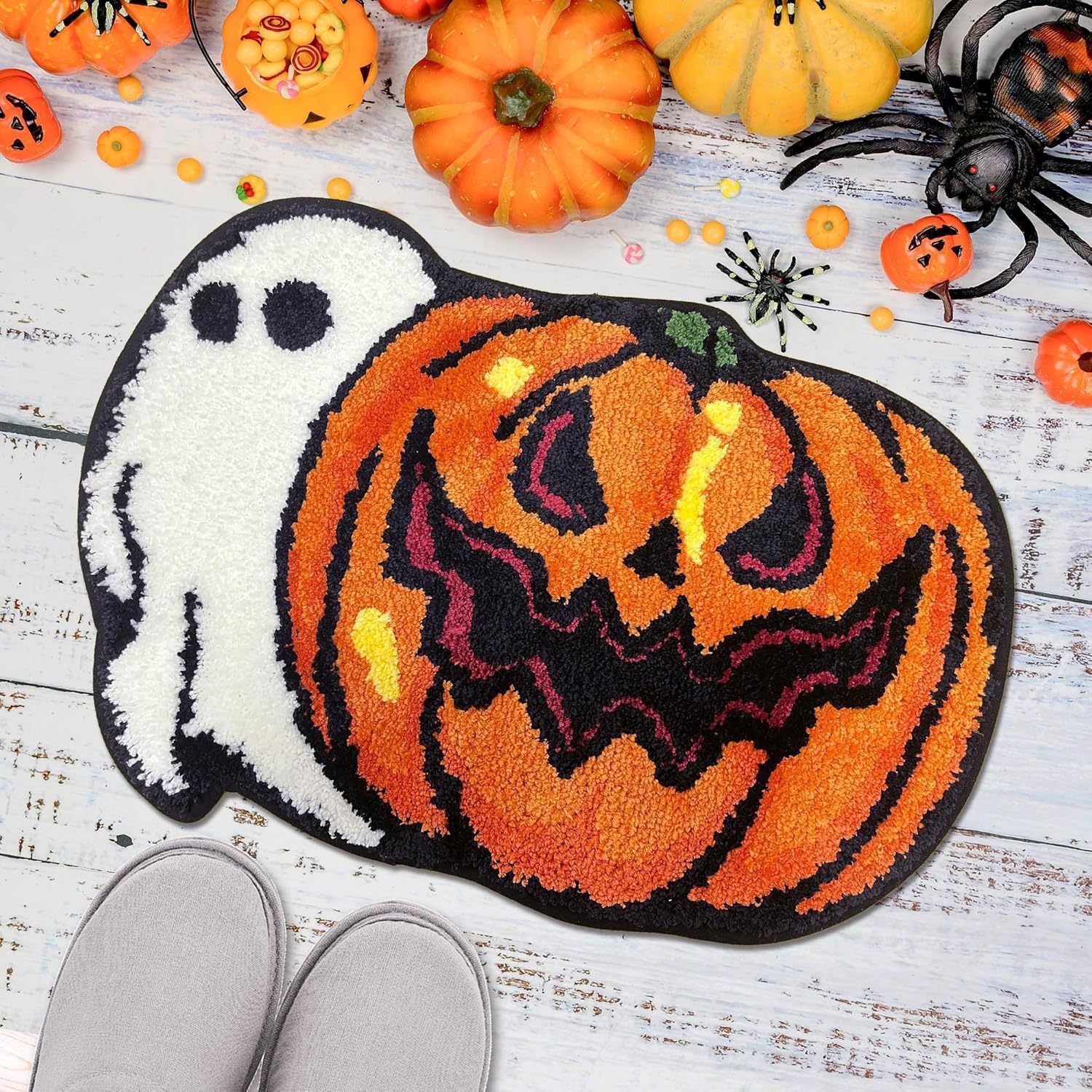🏭 Why Quality Control Matters in Door Mat Production
For businesses sourcing custom or wholesale door mats, product quality is not negotiable. A poorly made mat can harm a company’s reputation, pose safety risks, and increase replacement costs. This is why global buyers often prefer to work directly with a custom door mat factory, where quality control is embedded at every stage of production. Factories with robust systems ensure consistency, reliability, and customer satisfaction, making them trusted long-term partners.
🧵 Step 1: Selecting Raw Materials
The production of quality mats begins long before machines start operating. Raw materials such as coir fibers, natural or synthetic rubber, and PVC are carefully sourced and inspected.
-
Coir fibers are checked for length, density, and moisture levels to ensure durability.
-
Rubber compounds are tested for elasticity, hardness, and slip resistance.
-
PVC granules are evaluated for flexibility and color stability.
By ensuring raw material standards are met, factories guarantee that every mat has a strong foundation for performance.
⚙️ Step 2: Advanced Manufacturing Processes
Modern factories use advanced machinery to maintain precision and efficiency. Coir processing machines evenly weave fibers, rubber molding equipment shapes mats with anti-slip features, and cutting machines ensure accurate dimensions.
Automation reduces errors and maintains consistency across thousands of units in bulk production. For buyers, this means every mat—whether ordered in small or large quantities—meets the same high-quality standards.
🧪 Step 3: In-Process Quality Checks
Quality control doesn’t stop once production begins. At various stages, mats undergo inspections:
-
Visual Checks: Inspecting fibers, edges, and patterns for defects.
-
Weight and Thickness: Ensuring mats meet specified dimensions.
-
Durability Tests: Assessing resilience under pressure and heavy foot traffic.
These checks allow factories to detect issues early, reducing the risk of defective mats reaching buyers.
🛡️ Step 4: Safety and Performance Testing
Commercial door mats must meet safety requirements, especially in environments with heavy traffic. A custom door mat factory conducts performance tests such as:
-
Slip Resistance: Ensuring mats grip surfaces effectively, even when wet.
-
Moisture Absorption: Testing how well coir or PVC mats capture water.
-
Color Fastness: Ensuring logos and dyes remain intact after cleaning.
These tests reassure wholesale buyers that mats will perform reliably in hotels, retail spaces, or office entrances.
📦 Step 5: Packaging and Logistics Control
Even after mats pass all quality checks, packaging plays a role in protecting them during transit. Factories use secure cartons, shrink wrap, or eco-friendly packaging materials depending on buyer needs.
For bulk shipments, mats are stacked and palletized carefully to avoid warping or fiber damage. A professional supplier ensures that logistics partners are reliable, so products arrive in good condition and on time.
👥 Step 6: Customer Feedback and Continuous Improvement
Quality control is not static; it evolves with customer expectations. Many factories encourage feedback from clients to refine their processes. For instance, if a wholesale buyer requests more durable printing for logos, the factory may adjust inks or production techniques.
This responsiveness helps factories remain competitive and builds trust with international clients who value innovation alongside consistency.
🌍 Why Work with a Factory Instead of a Middleman?
Factories that produce mats directly have greater control over quality than trading companies or middlemen. They can implement strict inspections, manage production timelines, and provide certifications that prove product compliance.
For global buyers, this transparency reduces risks. A direct relationship with a custom door mat factory ensures accountability—if problems arise, the manufacturer can quickly resolve them.
✅ Final Thoughts
Ensuring quality in custom and wholesale door mat production requires attention to every detail: sourcing reliable materials, using advanced machinery, conducting rigorous inspections, and maintaining transparent communication with buyers.
By working directly with a factory, businesses gain confidence that their orders will meet both functional and branding expectations. A trusted supplier with strong quality control not only delivers durable mats but also helps buyers build long-term success in competitive markets.


















